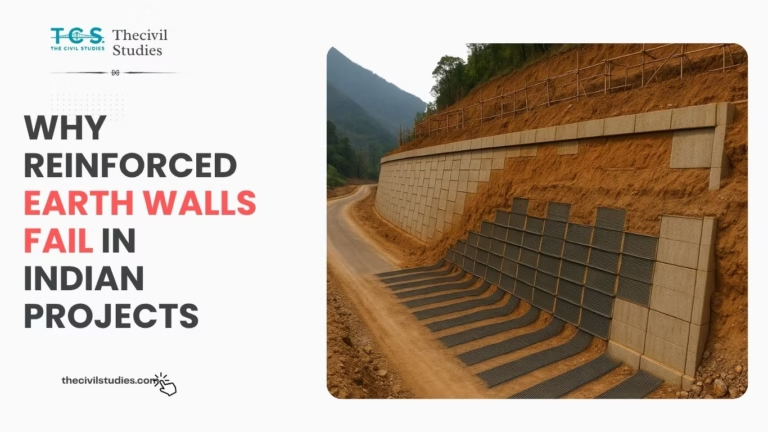When we talk about permeability in soil mechanics and fluid mechanics it plays a very important role in any construction, let’s not forget to understand it By the end of this article you will have a good understanding of what is permeability and how it helps you to overcome the problem in your daily life and in various exams (for example; GATE, ESE, and other various exams to get a better quality of concept). So let’s dive into the deep concept of permeability, which is Very important specially in fields like civil engineering_ geotechnical engineering & environmental science. Let’s get into it and try to understand what exactly is permeability and why is it so important?
Permeability looks like a complex engineering term, whether you are a student preparing for an exam, an engineer working on a project, or someone who is just curious to know how things work, understanding permeability can be really useful.

What Exactly is Permeability?
Think about what happens when you pour water onto different types of soil. If you pour water on sand, it quickly seeps through. But if you try the same with clay, the water just sits on top. This difference is all about permeability.
Permeability is a measure of how easily a fluid (like water) can flow through a material. It depends on how much space (or pores) there is between the particles in that material. The more open the structure, the easier it is for the fluid to pass through.
Or
Definition Of Permeability of Soil
Soil is a material made up of tiny particles with spaces, or pores, that allow water to pass through. These passages can vary in size and are often interconnected. The permeability of soil is a property (Understanding Soil Properties) that quantifies how easily water can flow through it.
No Posts Found
Always Remember:
- The permeability of soil can vary significantly depending on its structure. For instance, loosely packed sand allows water to flow much more freely than when the sand is densely packed.
- Clay soil with a flocculated structure, where particles are grouped together, tends to be more permeable compared to the same soil in a dispersed structure, where particles are spread out and less connected.
Why Does Permeability Matter?
Well! Permeability is important for several reasons, especially in fields like construction, agriculture, and environmental protection. Here are some examples to show how it works in real life:
- In Construction: If you’re building something like a dam or a foundation, knowing the permeability of the soil helps you design structures that can handle water flow without problems like erosion or weakening over time.
- In Farming: Farmers need to know the permeability of their soil to manage irrigation properly. Soil with high permeability lets water drain quickly, while low permeability might cause water to pool, which could harm the plants.
- In Environmental Protection: When dealing with landfills or waste disposal sites, permeability tells us how likely it is that contaminants could seep into the ground and reach water sources.
What Affects Permeability?
Several factors decide how permeable a material is:
- Compacted soil has reduced permeability due to tightly packed particles.
- Higher temperatures can make fluids flow more easily through soil.
- Soil rich in organic matter have lower permeability because of finer particles.
- Different soil layers can affect how water moves, sometimes slowing or diverting its flow.
- Impurities like salts or clay can clog soil pores, reducing permeability.
How is Permeability Measured?
Engineers and scientists measure permeability using simple lab tests. For instance:
- Constant Head Test: This is like pouring water steadily through a soil sample and measuring how fast it comes out the other side.
- Falling Head Test: Here, you start with a certain amount of water, and as it flows through the soil, you measure how quickly the water level drops.
Real-World Applications
Understanding permeability isn’t just for the experts. It affects a wide range of areas:
- Groundwater Management: If you rely on groundwater, knowing the soil’s permeability helps in planning where to drill wells and how to manage water usage.
- Oil and Gas Extraction: Permeability helps engineers figure out how to efficiently extract oil or gas from underground reservoirs.
- Flood Control: In areas prone to flooding, understanding the permeability of the soil can help in designing effective drainage systems.
Wrapping It Up
Permeability seems like a technical term, but it’s something that affects many everyday situations. Whether it’s farmers helping to grow crops_engineers building safer structures_ or environmentalists protecting our water sources, permeability plays a vital role in ensuring that everything works smoothly and optimally. Join the CIVILFORM for more discussion
No Posts Found






